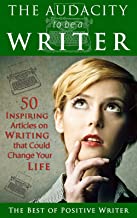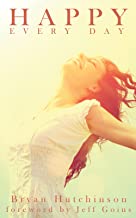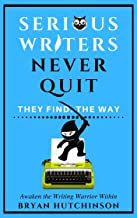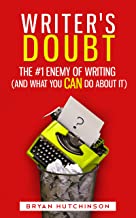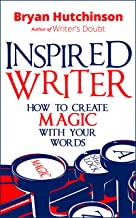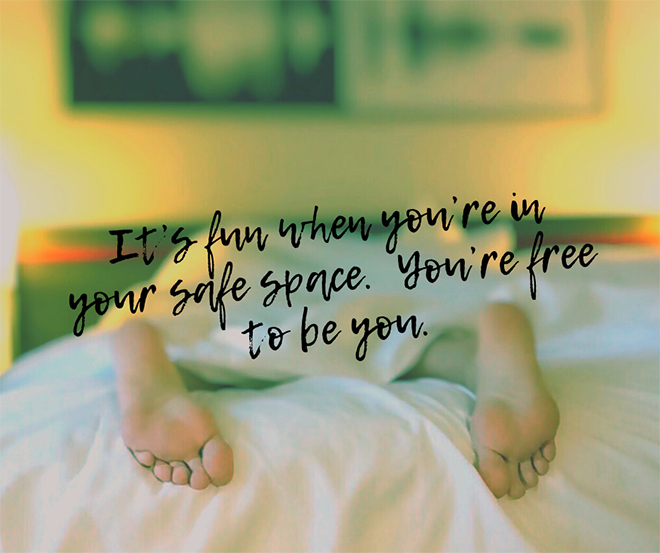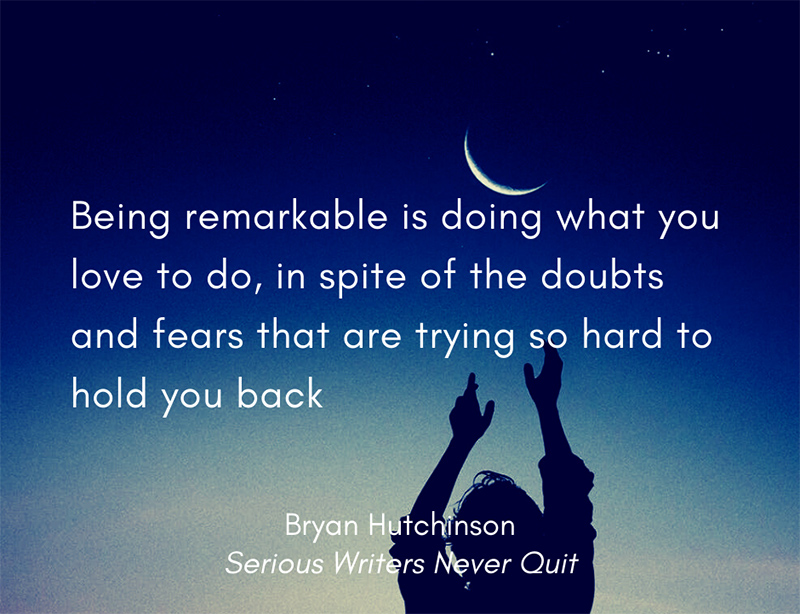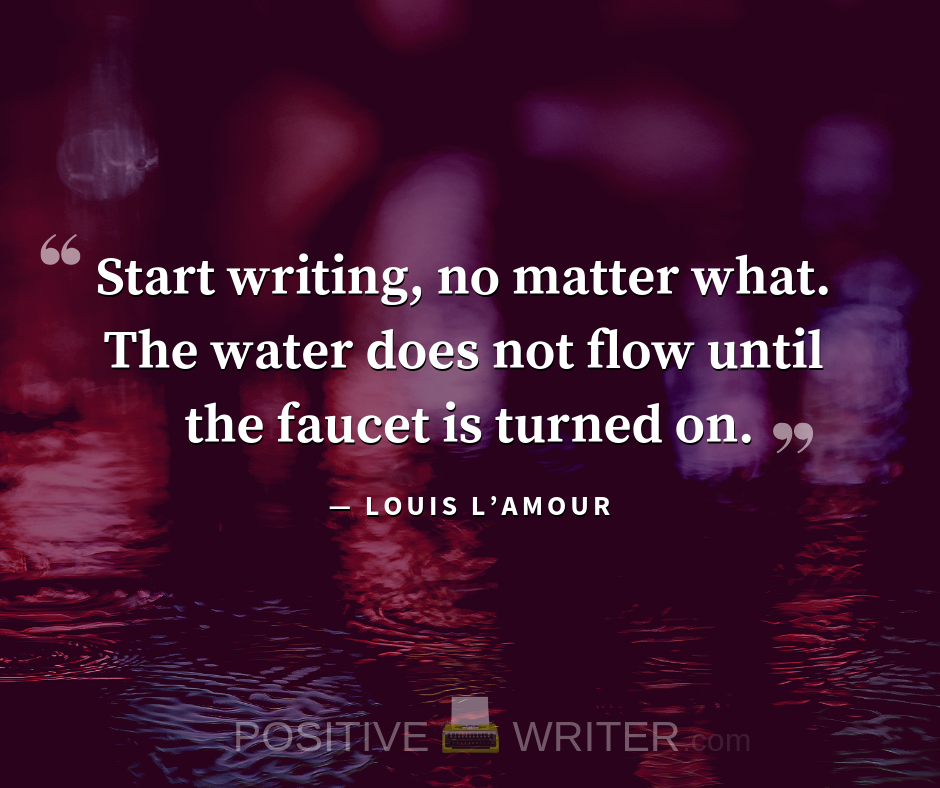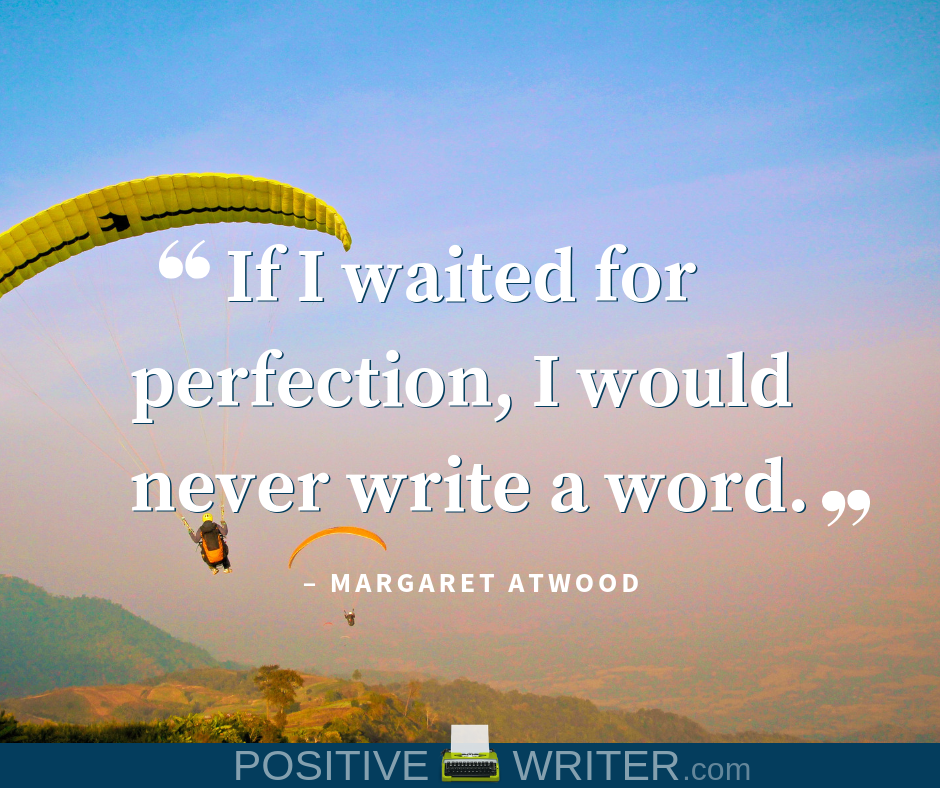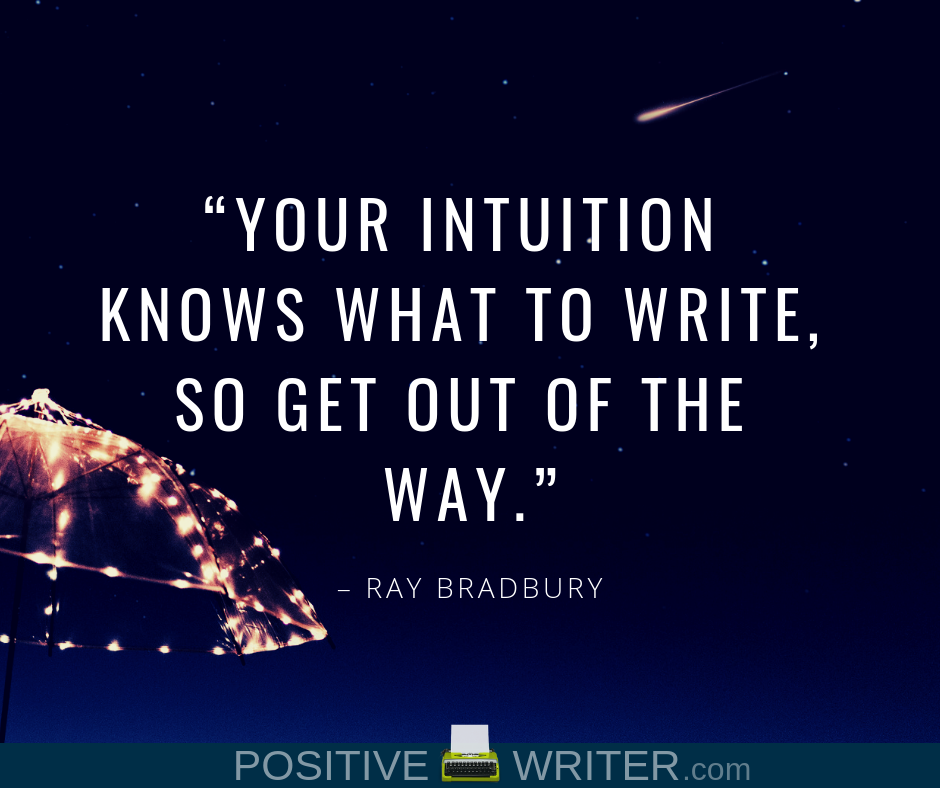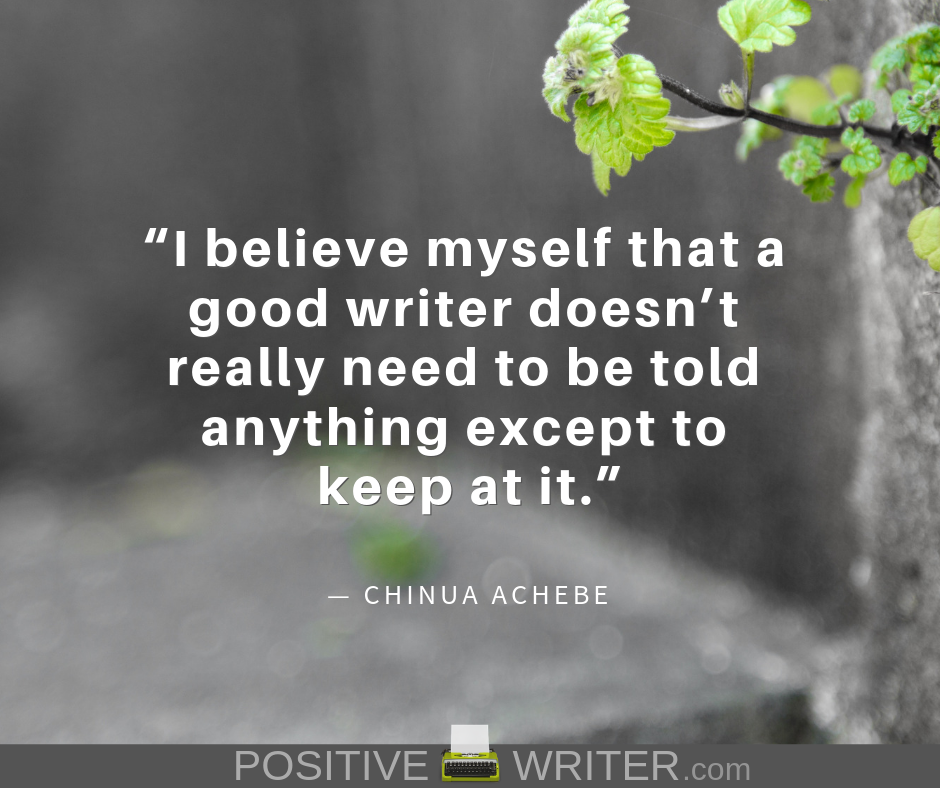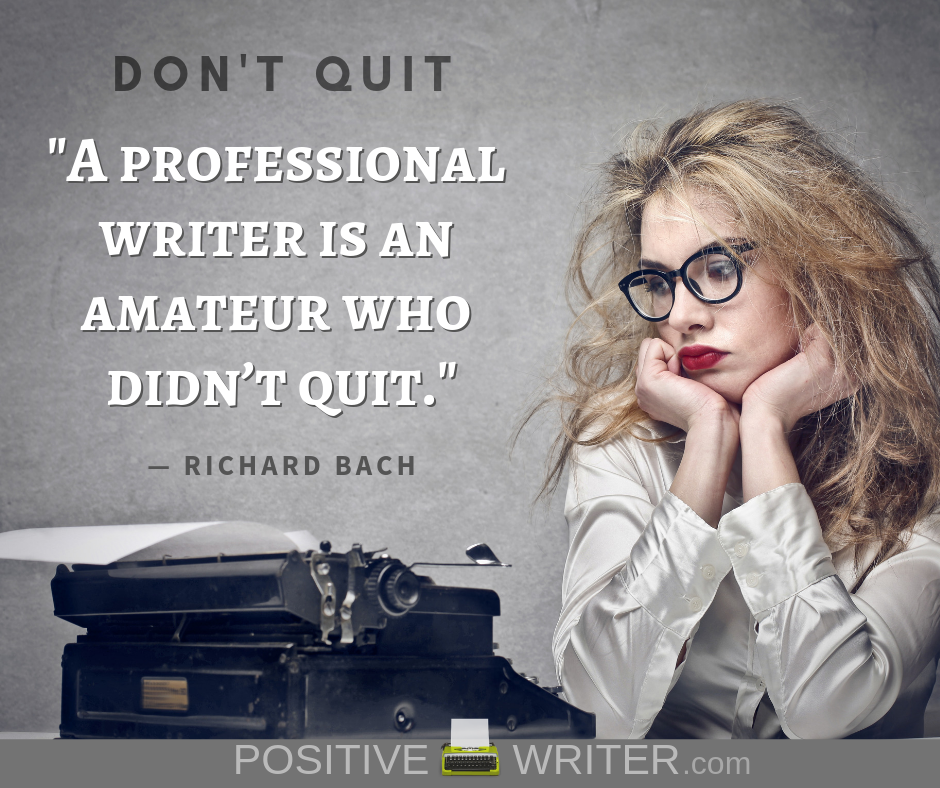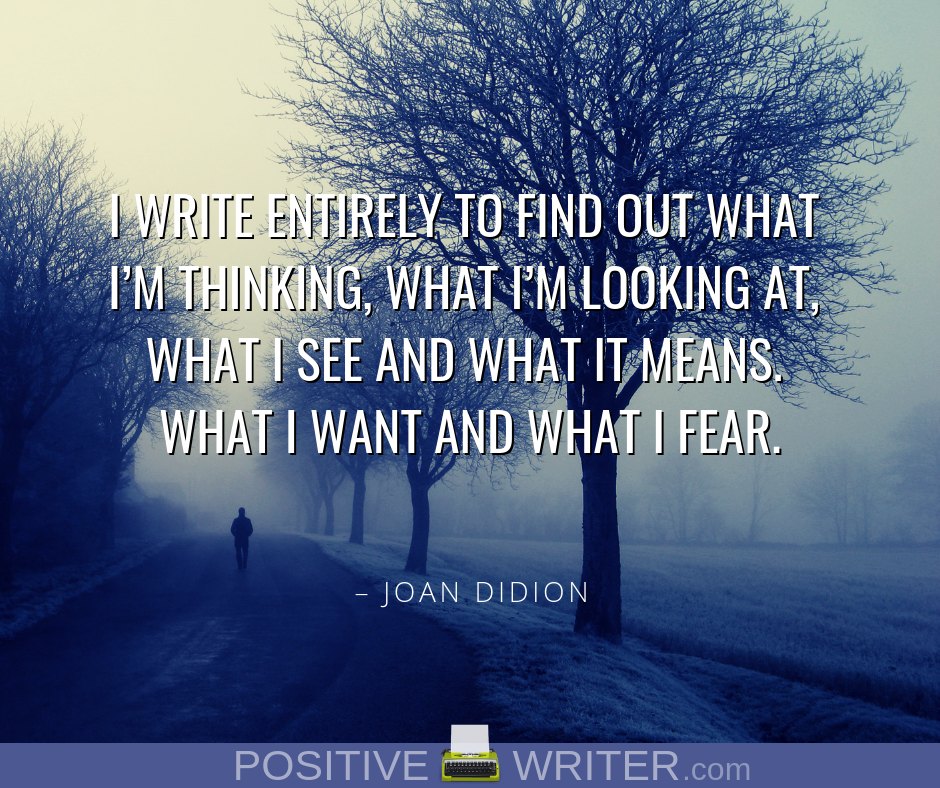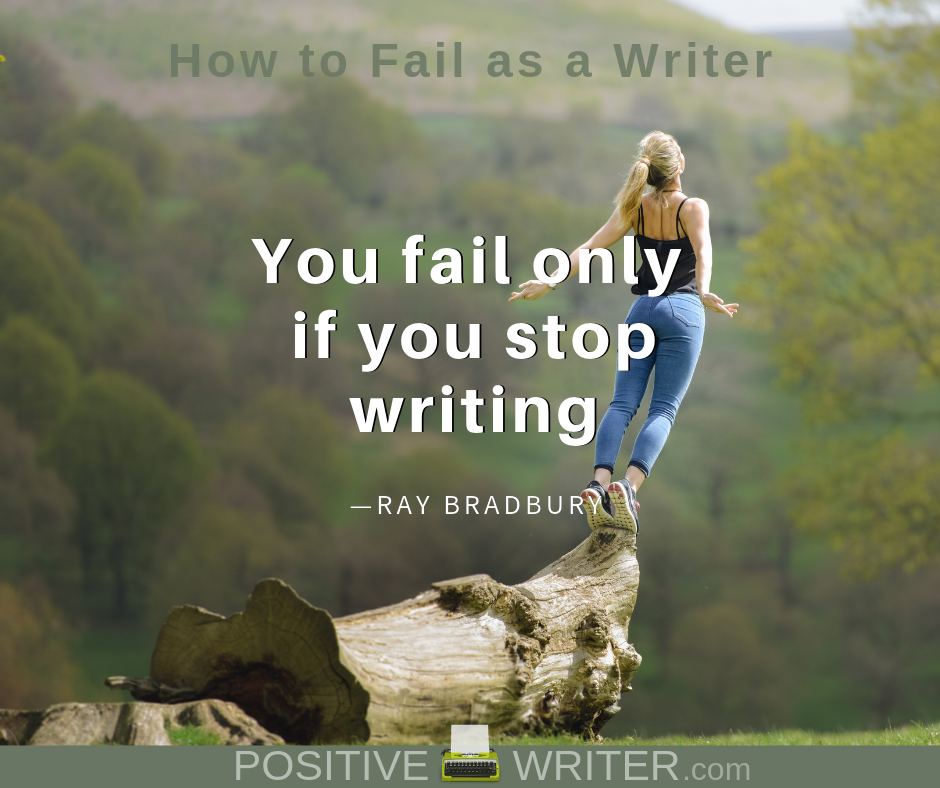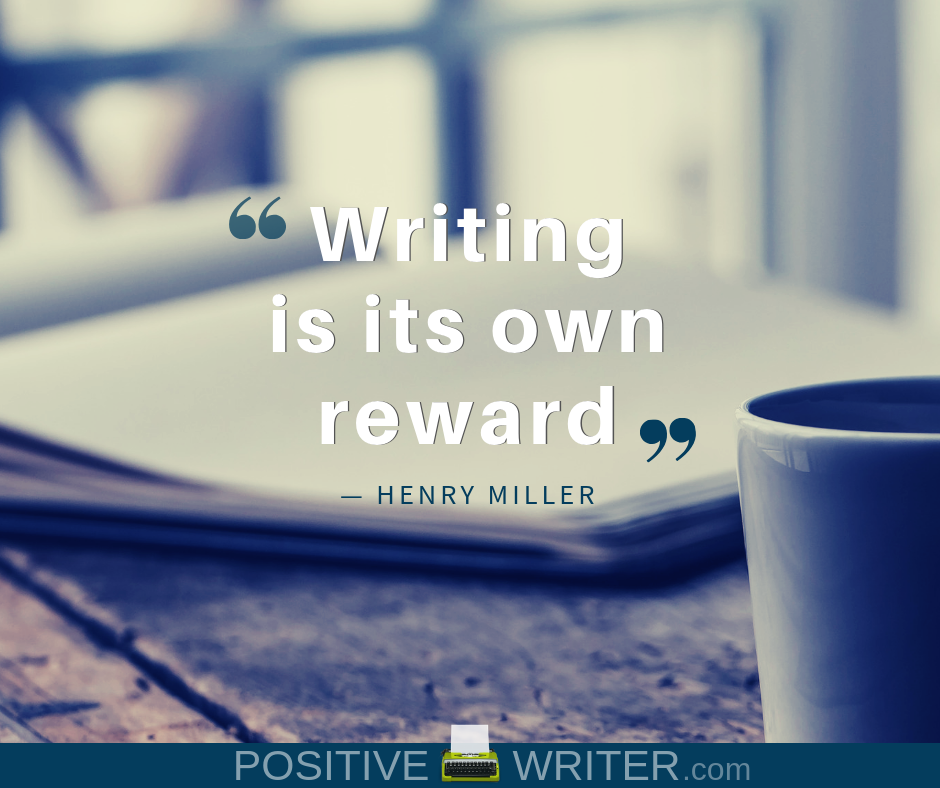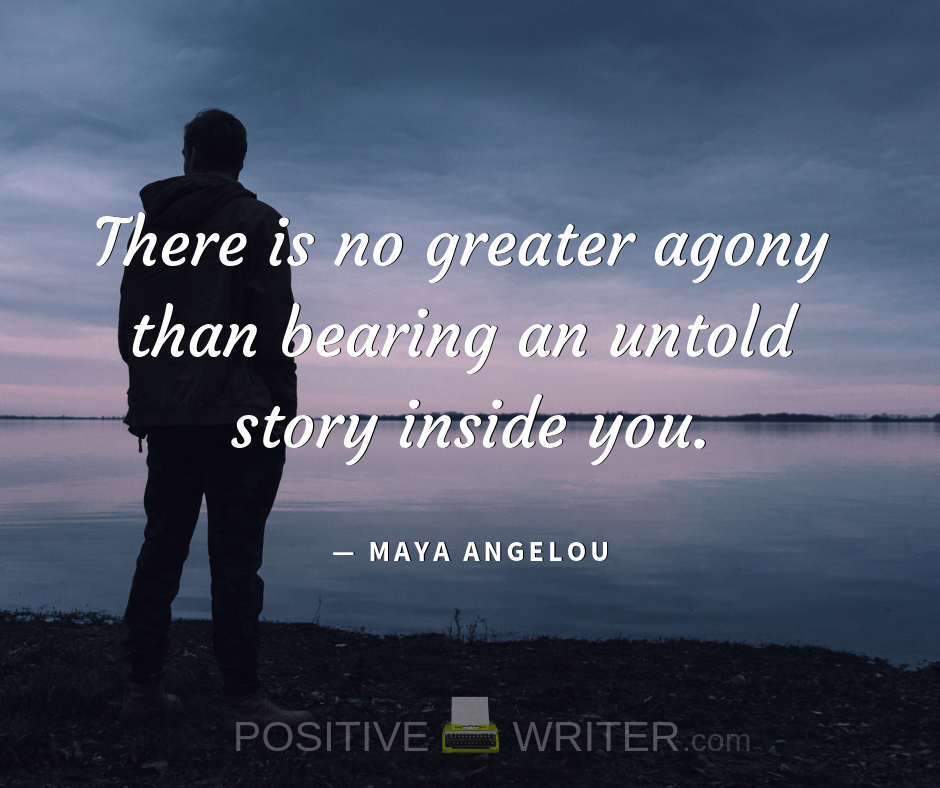That person in the audience, you know, the one who was clapping after every song.
That dude way up in the rafters who was whooping and hollering after every hit for his team.
And that lady, the one who stayed and listened until you completed your reading at the local bookstore.
Those, my friends, are the kind of fans we need.
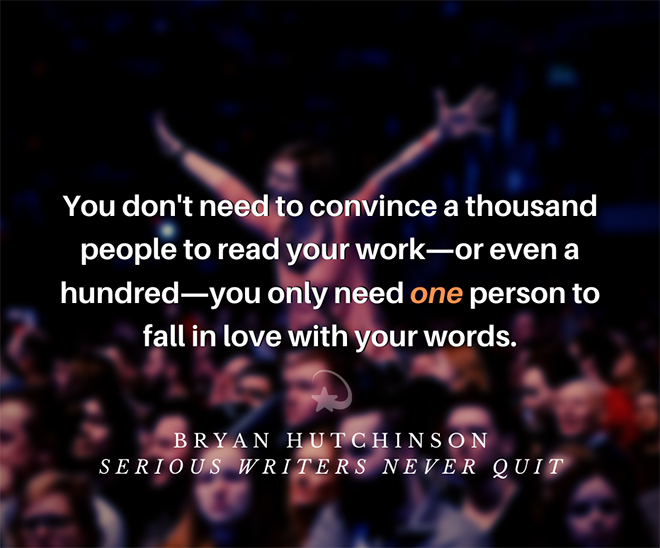
Readers who LOVE our work, fans who send us emails saying how our words touched them, and fellow writers who give us props, that’s our tribe. They are treasures to be cherished.
But how do you get dedicated fans in the first place?
How do you get readers, listeners or viewers to notice you?
Believe it or not, a fan base starts with one fan.
Just One
You don’t need to convince a thousand people to read your work, or even a hundred―you only need one person to fall in love with your words.
You don't need to convince a thousand people to read your work, or even a hundred―you only need one person to fall in love with your words. Click To TweetThe Catch
But, here’s the catch, not just anyone, you need that one to be the fan that is absolutely, unashamedly, enthusiastic about your work.
You need one sincere and dedicated fan.
If there’s one, there’s a hundred, if there’s a hundred, there’s a thousand.
All you need to do is focus on the one.
But who is that one person, that one mysterious fan who matters so much? I’ll tell you.
The problem today is that the internet gives us this belief (and fear), that we can reach a million people just by showing up. Anyone who has been blogging for a while can tell you that is simply not true. It’s a lie that only seems real because you don’t need anyone’s permission to post a comment, an article or even a manifesto.
Warning: This is going to get depressing first before it gets better.
A blogger is lucky to gain 100 readers in his or her first year and even luckier if they stay.
To get a million people to visit your blog you have to do something so extraordinary that it’s too overwhelming to even contemplate. And even if you do something so brilliant, all the stars, moons and planets in the night’s sky will need to align just right, and then maybe, only maybe.
Once the new blogger realizes this reality they’re most likely to surrender, give up and quit. Indeed, according to a New York Times report, as many as 95 percent of all blogs created have been abandoned.
Frankly, if they simply up and quit the artist and temporary blogger wasn’t all that serious in the first place. My advice to any aspiring writers out there, please don’t start writing and publishing online if you’re only doing it to instantly reach millions of people. You’ll drive yourself silly and it’s unlikely to work.
You can reach the masses! Yes, that’s true. But not the way most people think.
If you start a blog right now, this minute, you likely will not be able to get a single stranger to visit it today, much less read it.
Sure, you might be able to convince a family member or a close friend to read your blog, but that’s probably where it ends.
It doesn’t matter what you post about or how awesome it is.
I know, this is depressing news, but I’m a positive writer so I promise you it gets better.
One Person. That’s What You Need.
The right person.
If you focus your writing, publishing and marketing efforts on that one ideal fan, you have a chance. A real chance to reach people who will care about your writing.
Define for yourself who your ideal fan is and what they want to read, view or listen to. Once you have that person in your mind, create only for him or her. Often, the best person to start creating for is yourself.
Once you start creating this magnificent art for your ideal fan, start visiting the places he or she would hang out online and find places where it’s acceptable for you to share and post your links. Attract one reader at a time. Those who love it will share it.
This takes time and that’s is why 95% of blogs are abandoned. Worse, you go on Facebook and you see established bloggers sharing their articles and have 12k likes, but you can’t even rub together two fans.
What a lot of people don’t realize is that many of the blogs you see going viral have already been online for a long time and for years they couldn’t attract true fans either. Sooner or later you find the sweet spot and it all changes, but no one can tell you what that sweet spot is and then when you find it everyone will act as if they knew it all along. Sure they did.
Darn those liars!
Not really, what people often miss is that creating for someone else hardly ever works outside of a 9 to 5. Writing what you love for yourself first often is where the answer is and it will seem like we knew this all along because deep inside maybe we did, but we didn’t have trust in ourselves.
Your Assignment:
This is what I want you to do, I want you to write something NEW you would show up for, something you would love to read as a reader and a fan. Something you would share if you weren’t the author.
Create something so compelling for you that you must read it over and over again because you can’t get enough of it.
Be your one true fan first, before anyone else.
Once you convince yourself, and you become the ultimate fan of your own art, the rest will follow.
Lead us by writing something you love for you, no one else. If it’s good enough for you it will be good enough for others.
When you’ve written and published such a post, do me a favor and post a link to it in the comments. Here’s the thing, don’t rush, no, don’t do that. I know you can create something quickly, but that’s not what I want, I want something you LOVE. Don’t share until you’ve written THAT article.
That’s what it takes today. All the bullshit about SEO, interlinking, Social Media and all that jazz doesn’t matter a hoot if the art doesn’t have that intangible something. Bland, SEO perfect articles don’t get shared, no one other than Google cares about them.
Don’t get blinded by algorithms. The artist, YOU, matter more than any system!
Write something that if a critic were to shred it you’d cry, but not quit. No, never quit.
Because remember, Serious Writers Never Quit!
Anyone could be lazy about this and post an old link of theirs, but wouldn’t it be amazing if you took the above advice and created something new with this specific goal in mind?
Here’s a warning, though:
If this works, things could change. Are you ready for that?



